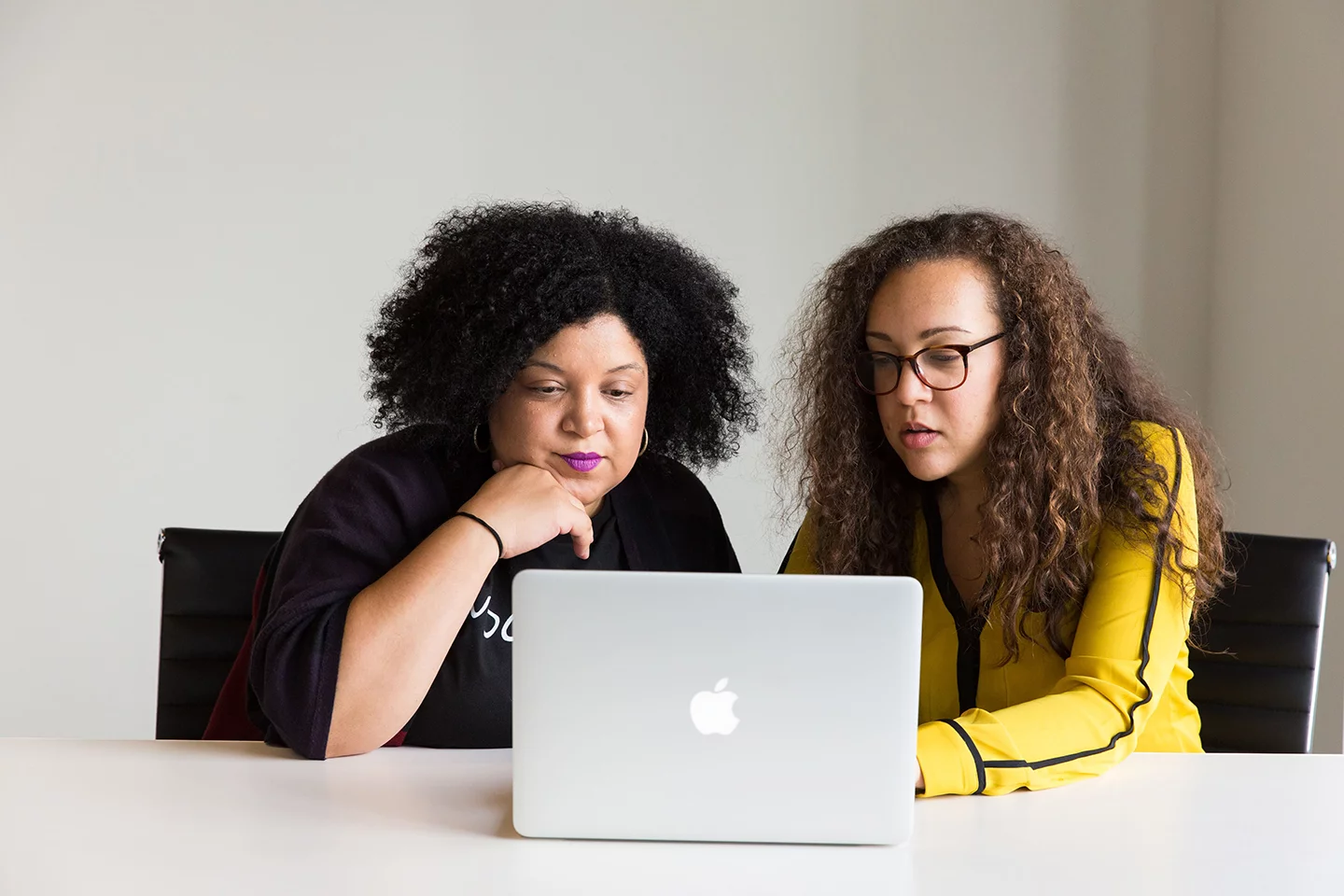Mursion’s weekly Future of Work Virtual Roundtable Series recently continued with “The Role of the Role Model; The Rise of Leadership Superpowers!”. In this empowering session, Adam Pacifico, author of The Leader’s Secret Code and host of The Leadership Enigma podcast, explored the rise of human-centered leadership and why we need leaders to be positive role models more than ever before.
Below is an excerpt of Adam’s presentation with some key takeaways about how human-centered leadership is proving to be the secret sauce for leaders across sectors, levels, and geographies. You can also watch the full session, including a participant experiencing a live Mursion demo, on our YouTube channel.
Join us for our upcoming Future of Work sessions by signing up here. And, to experience Mursion’s virtual reality simulations and see for yourself how this platform can support your own business to achieve its leadership development and other business goals, schedule a demo today.
“I had an amazing mentor. I’m so grateful for the time that I spent with him and the time that he was my mentor. When I took my job, he was one of the first to congratulate me. He said this, and I want to share it with you because it’s never left me. I embedded it into my book as well, because it had such an impact. He said, “Adam, congratulations on the role,” he said, “but I’ll give you a piece of advice.” He said, “Remember the children of those you lead will know your name. In what context, it’s up to you, buddy.” That really, really resonated with me to understand that the people that I lead, their kids probably know my name. Around the breakfast table, the lunch table, the dinner table, and it was down to me as to what that conversation was all about. I just wanted to share that with you because this is kind of part and parcel of what makes me enthusiastic in relation to this particular subject matter.
With that in mind, I’m going to just very quickly touch upon The Leader’s Secret Code. This was a labor of love for a couple of years and there was one simple premise that the book was based on, and really is at the heart of some things that we’re talking about here. That was about leadership beliefs. I say this, ‘As you believe, so you will behave, and as you behave, so you will perform.’
As you believe, so you will behave, and as you behave, so you will perform.
As the world has turned bonkers and change is constant, and you’ve probably heard the term VUCA: Volatile, Uncertain, Complex and Ambiguous. My word, are we living and breathing that. Leaders have to understand how to navigate through that. Belief systems are incredibly important for the behaviors that flow from it and how we actually role model to other people. Now not just with our kids, but with those who are around us.
Now I’m just going to pause for one second because if you are an entrepreneur, you’re starting off by yourself, if you are an individual contributor in a multinational, you might say is this relevant to me because I don’t have any direct reports? Yes, you bet. This is so relevant to you because every day, virtually or face to face, I guarantee you are inspiring, galvanizing, leading, communicating, and trying to empower other people over which you have absolutely no direct authority, both internally and externally. This is incredibly relevant, if you have no direct reports of whether you’re actually the CEO of a multinational with 15,000 people that you have to actually look after, this is still relevant. So as you believe you behave, and as you behave, so you will perform.
Let me go on to resilience. That destination belief, that intrinsic belief in leaders was that they were able to withstand tremendous pressure and spring back into shape. Without a shadow of doubt, our personal and organizational resilience has been tested perhaps to breaking point in the current climate. By the way, when COVID’s over and it will be over, there’ll be something else. For us lucky people, it’s going to be Brexit. For you, wherever you are in the world, it will be something else. We know that the constant thing is change.
Something really quite important happened, and it’s this. I also realized through some of the interviews that I’ve done, some of the people that I have met, that we know that when we talk about beliefs, what follows are behaviors.
What Kind of a Leader Do You Want to Be?
Now it’s not always about rosy because those are the kinds of the behaviors that you may have actually experienced yourself in some way, shape, or form. Deceitful, ruthless, maniacal, hierarchical, self-interested. I read lots of leadership books which talk about some of the greatest leaders, they talk about some of the most high-profile CEOs, and they attribute some of these behaviors to them.
We have to make a decision in life about the kind of leader we want to be and the kind of world that we want to live in, especially when the world has gone decidedly bonkers. During the launch to the book in November 2019, I was asked this question in front of 120 people. Someone said, ‘Adam, what is your greatest learning from researching and writing the book?’
In a split second, the answer to me was incredibly obvious. It came out of my mouth and now this has been a real focus for me in relation to what I would describe as leadership superpowers but we have to start with beliefs first. I said human-centered leadership.
Human-centered leadership was without a doubt the red thread out of all the research and all of the people that I spoke to. We didn’t just choose executives. I spoke to a world-famous ballerina, a former NBA star, a commander, a soldier, there was a Michelin Star Chef, there was the top prosecutor in this country, the list goes on. We had an eclectic mix of people from different backgrounds.
Human-centered leadership was without a doubt the red thread out of all the research and all of the people that I spoke to.
It wasn’t just about how high they had risen or big or successful the organization may have been, it all came down to human-centered leadership. I started to be asked about this more and more and I thought, ‘You what I’ve got to do, is I’ve got to take the book a little bit further. From the research and from my own experiences in the private sector and the public sector, I’ve got to come up with something in relation to human-centered leadership.’
Seven Components of Human-Centered Leadership
With that in mind, I came up with ‘The Secret Sauce,’ the seven components of human-centered leadership. One of them is, and this is in no particular order, personal purpose. When we talk about that we really talk about the leader’s individual value drivers.
Perhaps some might describe it as their North Star. It’s that balance between the function of leadership and the meaning of leadership and also that purpose, organizational purpose as well if you’re talking about a CEO.
Presence. Charisma, confidence, decisiveness.
Congruence is what we say and what we do and how we act and what we measure and what we plot. Is that all congruent?
I’m going to tell you that Generation Y are going to make up 75% of the workforce by 2025. They have an amazing incongruence radar. If things just don’t stack up, they tend to vote with their feet. Think about Presence. Curiosity. When we think about curiosity, so the desire to challenge the status quo, to explore, to actually discover, to learn, to constantly learn.
One of the challenges that we work with leaders on at the moment is the ability actually to unlearn in order to learn something new because if you’ve been around and doing something for 25 odd years, you get into a system one-state where it becomes instinctive and automatic and that can be quite tough to start to unlearn.
Vigilance: It’s about being alert, curious. It’s to detect the earlier signs of a threat or opportunity. In some way, some people might call this the ability to sense or pick up on the weak signals both internally and externally. That can be at an individual level and that can at an organizational or even a sector level.
Empathy. That vicarious introspection. That ability to put yourself into somebody else’s shoes.
Inclusivity. A lot of companies are talking to us about how do we create a culture of inclusivity. I’ll say one thing about this. Here’s a challenge that was best stated by John Amaechi, the former NBA player I interviewed for my book. He said this, ‘Interpersonal comfort trumps organizational change.’
Interpersonal comfort trumps organizational change.
He meant by that is we will at times gravitate to or proactively seek people who look like us, sound like us, think like us, like the things that we do. Not through mischief but we like the interpersonal comfort and it takes great courage for a leader now to proactively go and find the people who are unbelievably different in any and every way. It’s is not just about diversity, it’s the diversity of thoughts.
The last one of the seven that I’ll talk about here is humility. That self-awareness. That ability to appreciate other’s strengths, contribution, and openness to new ideas, and indeed feedback on your own performance.”
Subscribe for the latest Mursion articles and updates.
By clicking the sign up button above, you consent to allow Mursion to store and process the personal information submitted above to provide you the content requested. View our Terms and Conditions.




